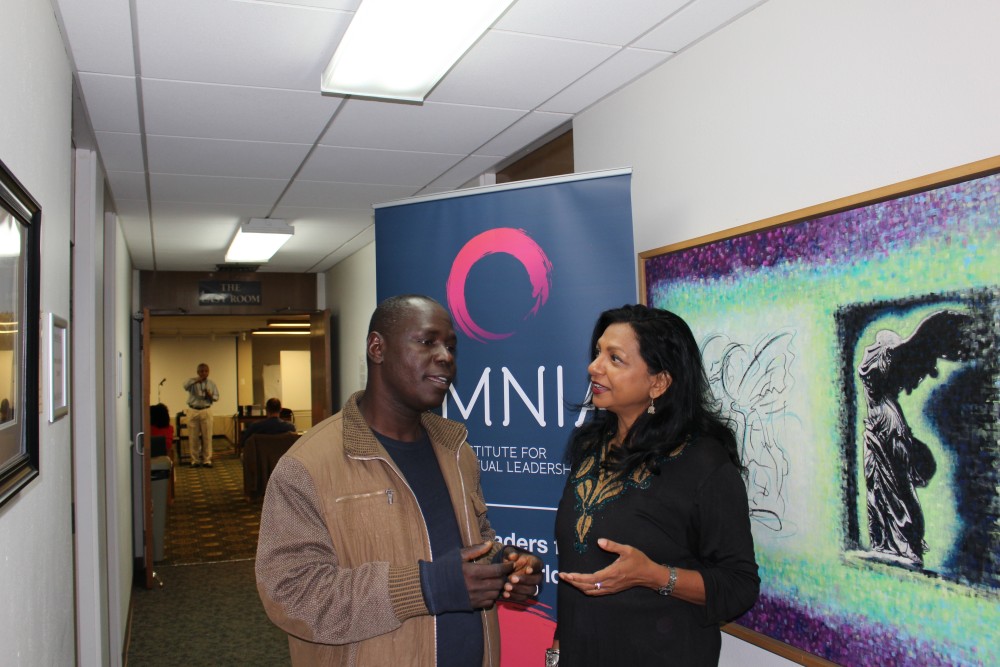Pastor engages interfaith leaders to resist extremism in Nigeria
Abare Kallah is bringing together both Christians and Muslims harmed by Boko Haram.

In northeastern Nigeria, devastated by the extremist group Boko Haram for eight years, it would be easy—understandable even—to see Christians as the only ones suffering.
Abare Kallah resists that temptation, even as militants have killed many of his fellow pastors, burned churches, and kidnapped hundreds of women and girls—infamously, the Chibok schoolgirls, most of whom are Christian. More than 100 of the girls remain captive as Kallah and others work for their release.
In all, Boko Haram has displaced more than 2.6 million people and murdered thousands, including Muslims who would not comply with its extremist version of Islam.




